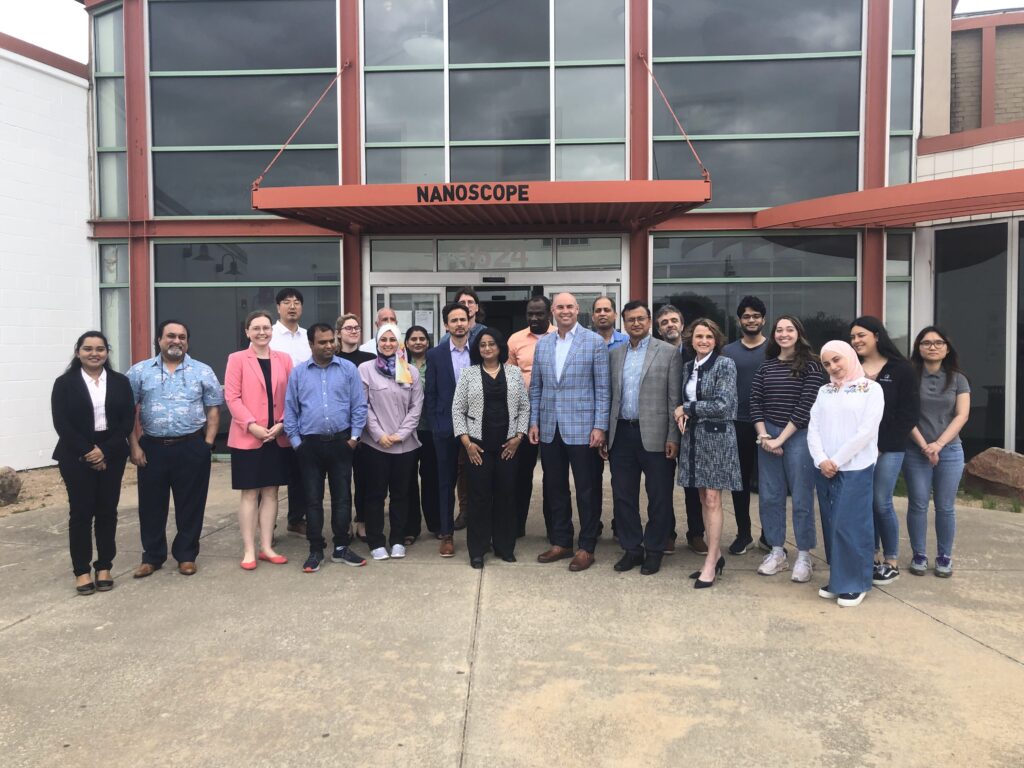The Supreme Court’s Dobbs v. Jackson decision is having farther-reaching effects than many expected, including on patients treating autoimmune disorders.
As we’ve reported, access to drugs like mifepristone is already under fire due to its use in early-stage abortion procedures—despite the fact that it is a key medication in the management of missed or incomplete miscarriages, which pose serious health threats.
Yet, also under threat are drugs including methotrexate and misoprostol, both of which help patients treat autoimmune disorders, severe chronic pain, cancer, and even long COVID.
Methotrexate, misoprostol, and chronic disorders
As we’ve reported, “methotrexate, when used with misoprostol, treats ectopic pregnancies: non-viable and deadly instances of fertilization within the fallopian tube. Ectopic pregnancies occur in 1 out of every 50 pregnancies.” Along with mifepristone, these two drugs are coming under fire from pro-life states as a result of their association with abortive procedures.
Yet what is all too often overlooked is their large role in managing a variety of diseases due to their immune-suppressing characteristics.
“Methotrexate is one of the most effective and widely used medications for treating inflammatory types of arthritis,” states the Arthritis Foundation, “It’s also one of the safest arthritis drugs, despite a common misconception among many patients that methotrexate is highly toxic.”
“Frankly, methotrexate is one of my go-to medications for any number of diseases, including rheumatoid arthritis, psoriatic arthritis, systemic lupus erythematosus, myositis, and systemic sclerosis,” Dr. Mehret Birru Talabi, assistant professor of rheumatology at the University of Pittsburgh, told Medical News Today (MNT). Misoprostol, for its part, is used to treat chronic ulcers, as well as serious ulcer complications such as bleeding, when patients are required to take NSAIDs that they might be overly sensitive to.
Many patients are receiving ‘less-effective therapies’
Indeed, methotrexate has been a common treatment for these diseases because of its effectiveness, affordability, and accessibility. Unfortunately, stories have already begun surfacing across social media about patients being denied access to these drugs.
“i’ve never had an abortion but my access to healthcare has changed because Roe was overturned.” Tweets one patient, “I have #Lupus which is an inflammatory autoimmune disease that causes my immune system to attack my organs, joints, skin, and muscles. / i take #Methotrexate as one of my treatments”
While there are other options for treating these diseases, often patients take drugs like methotrexate because their bodies respond to it better compared to non-teratogenic drugs like mycophenolate and cyclophosphamide.
“This is particularly worrisome in patients with organ- or life-threatening diseases who use medications with a fetotoxic potential such as mycophenolate or cyclophosphamide,” Dr. Birru Talabi explained to MNT. “Will a patient with kidney-threatening lupus disease—lupus nephritis—be fated to dialysis or the effects of high dose, prolonged steroids because no clinician is willing to prescribe mycophenolate or cyclophosphamide?”
Yet, only childbearing-capable Americans are facing these restrictions—regardless of whether or not they plan to be pregnant while taking these medications—per their doctor’s requirements.
“In many settings, women with MS are treated with less effective therapies, because these medications are perceived to be safer in pregnancy,” said Riley Bove, MD, MSc, of the UCSF Department of Neurology and the Weill Institute for Neurosciences in a Eurekalert Publication. “Often, neurologists are not familiar with how to time or optimize certain medications, or of their updated safety profile. The reversal of Roe v. Wade may reinforce decisions to stick with the less effective therapies, which may result in irreversible disability for some women with MS.”
The fact that these drugs are coming under fire and physicians and pharmacists are already denying prescriptions highlights the dangerous precedent that is being set in post-Roe America, where half of the population could be denied access to effective medical care, gynecological or otherwise.




